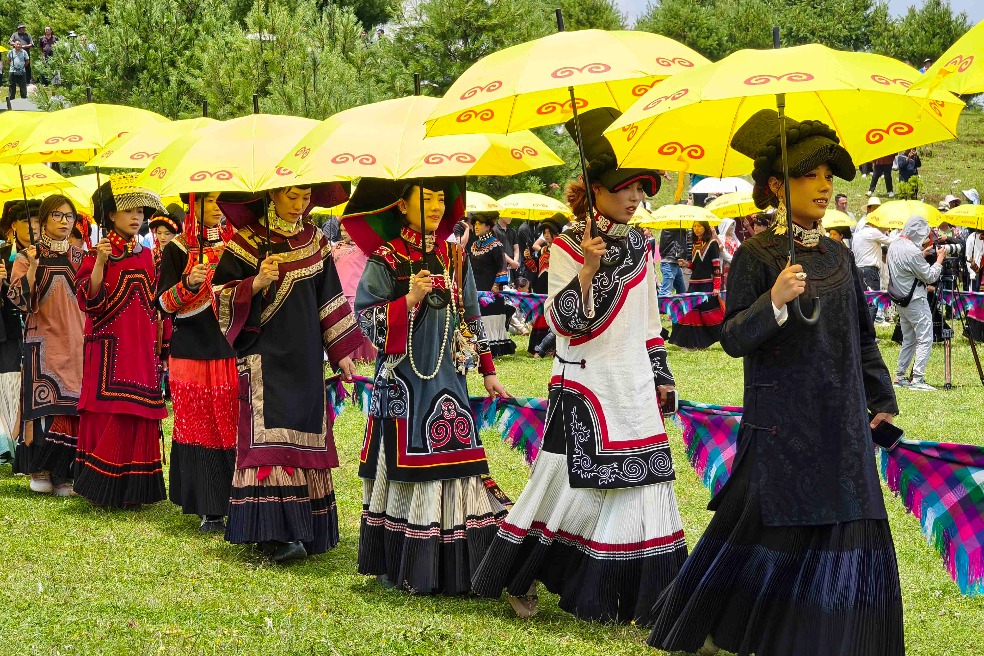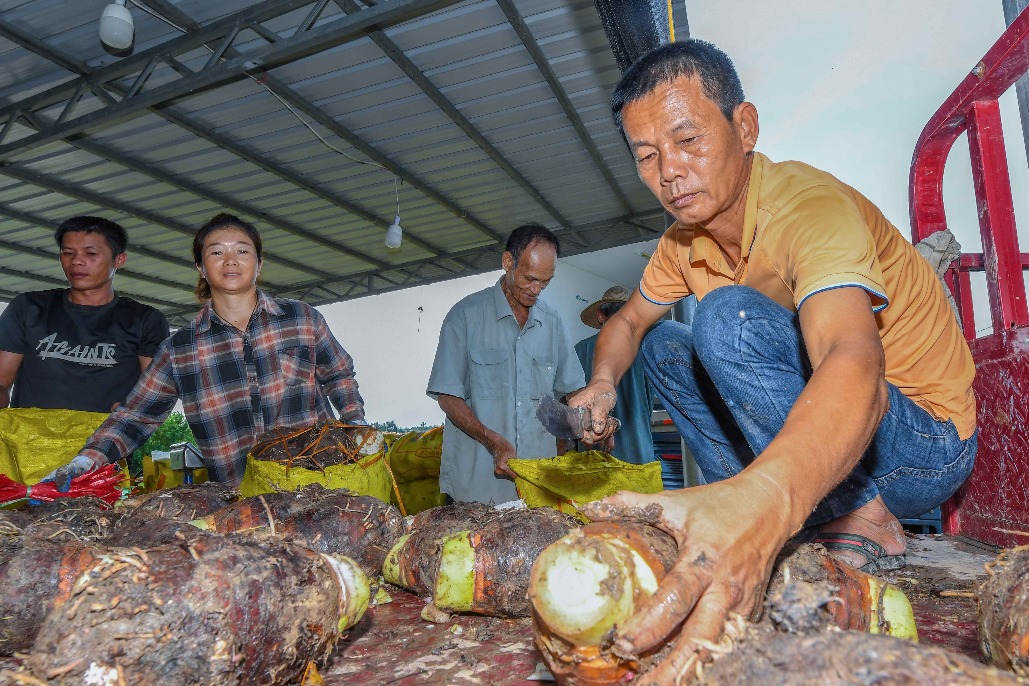Reform aims to forge 'elite engineers'
Graduate programs enhance talent cultivation to meet evolving demands

The Ministry of Education announced ambitious plans on Tuesday to dramatically accelerate reforms in engineering talent training, aiming to establish specialized national graduate colleges for "elite engineers" at more than half of all institutions offering engineering master's and doctoral degrees by 2030.
The ministry plans to release training standards for elite engineers in the second half of this year and launch pilot accreditation standards for these colleges, according to Hao Tongliang, deputy head of the Ministry's Department of Degree Management and Postgraduate Education.
The program will be supported by an improved industry-education integration model for engineering graduate programs, forging deep partnerships between major universities and State-owned enterprises. It will focus on practice-oriented talent cultivation, emphasizing problem-solving and innovation.
"Engineering education is the strategic high ground of higher education reform," Hao said. "We are building a system that promotes the integration of education, technology and talent."
The ministry will also promote the construction of four national elite engineer innovation institutes in Beijing, Shanghai and the Guangdong-Hong Kong-Macao Greater Bay Area. These institutes are expected to help train talent to meet the innovation needs of small and medium-sized enterprises specializing in niche industries.
Hao stressed the need to expand beyond limited pilot programs and launch broader reforms across all 67 professional degree categories, accurately aligning talent development with industry needs and expanding the initiative to undergraduate engineering programs.
China will continue to invite top international engineering experts to participate in graduate education and build platforms for regular exchanges between Chinese and foreign faculty and students, Hao said.
The country also plans to promote its national graduate colleges for elite engineers overseas and seek international recognition for its training standards.
Since the initiative launched in 2022, 40 such colleges have been established across top universities and leading enterprises. The ministry reported that more than 2,100 students completed the first pilot of the elite engineer master's program. Around 71 percent have secured employment in program-related enterprises, aligning closely with national development priorities.
Zhang Baichuan, a 2022 master's candidate jointly trained by the China University of Petroleum (Beijing) and the Sinopec Research Institute of Petroleum Engineering, now works at the institute.
"At university, I gained deep theoretical knowledge in petrochemical processing. But it was during my practical training at Sinopec's institute that I made a great leap," Zhang said. "I was involved in research teams, working on real engineering challenges that can't be replicated in a textbook or laboratory."
Under the guidance of leading industry experts, Zhang and his classmates took on the task of developing an eco-friendly, high-temperature filtration reducer with the ability to withstand 180 C, reduce the viscosity of drill fluid and cut costs by 15 percent.
After three years of practical training and iterative problem-solving, the team succeeded. The new additive has passed pilot tests and is now preparing for field validation, Zhang said.
Zhang used the innovation as the basis for his degree application.
"Applying for my degree based on practical results was even more challenging than writing a traditional thesis. But it better reflects the innovation and skills needed in real engineering roles," Zhang said. "It's more aligned with what companies actually expect from graduates."




































